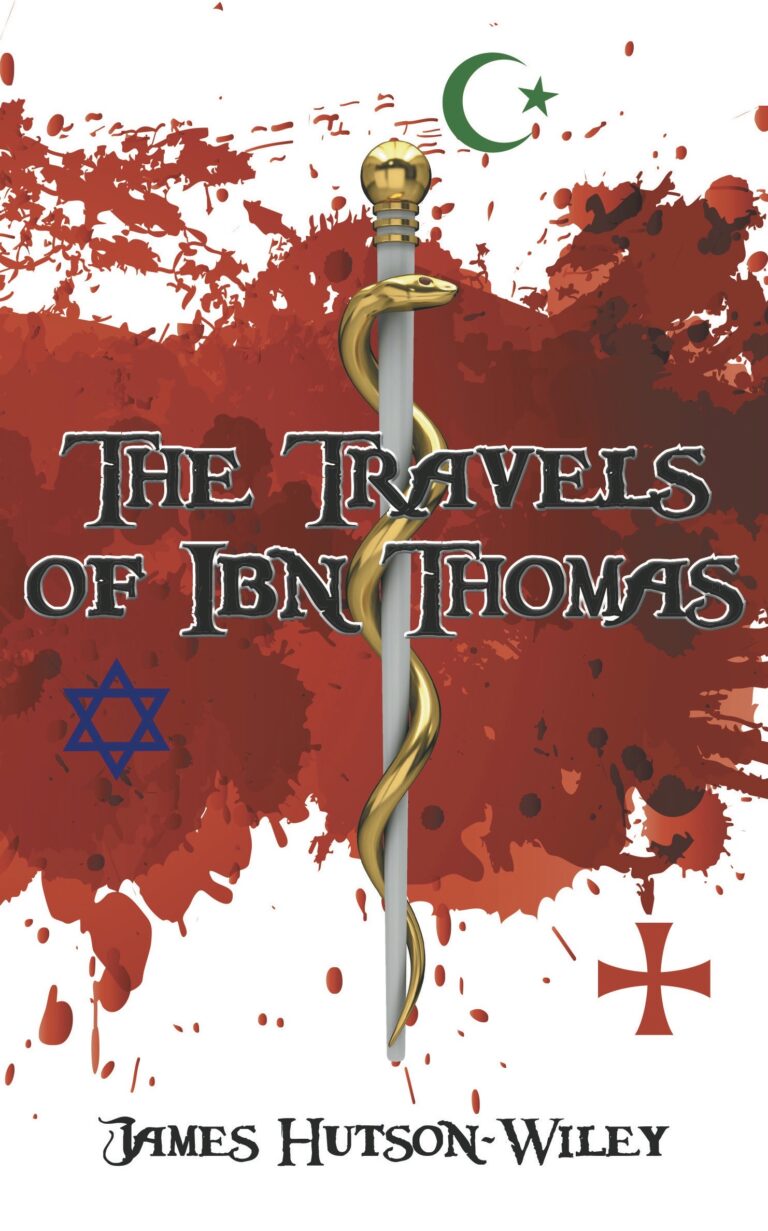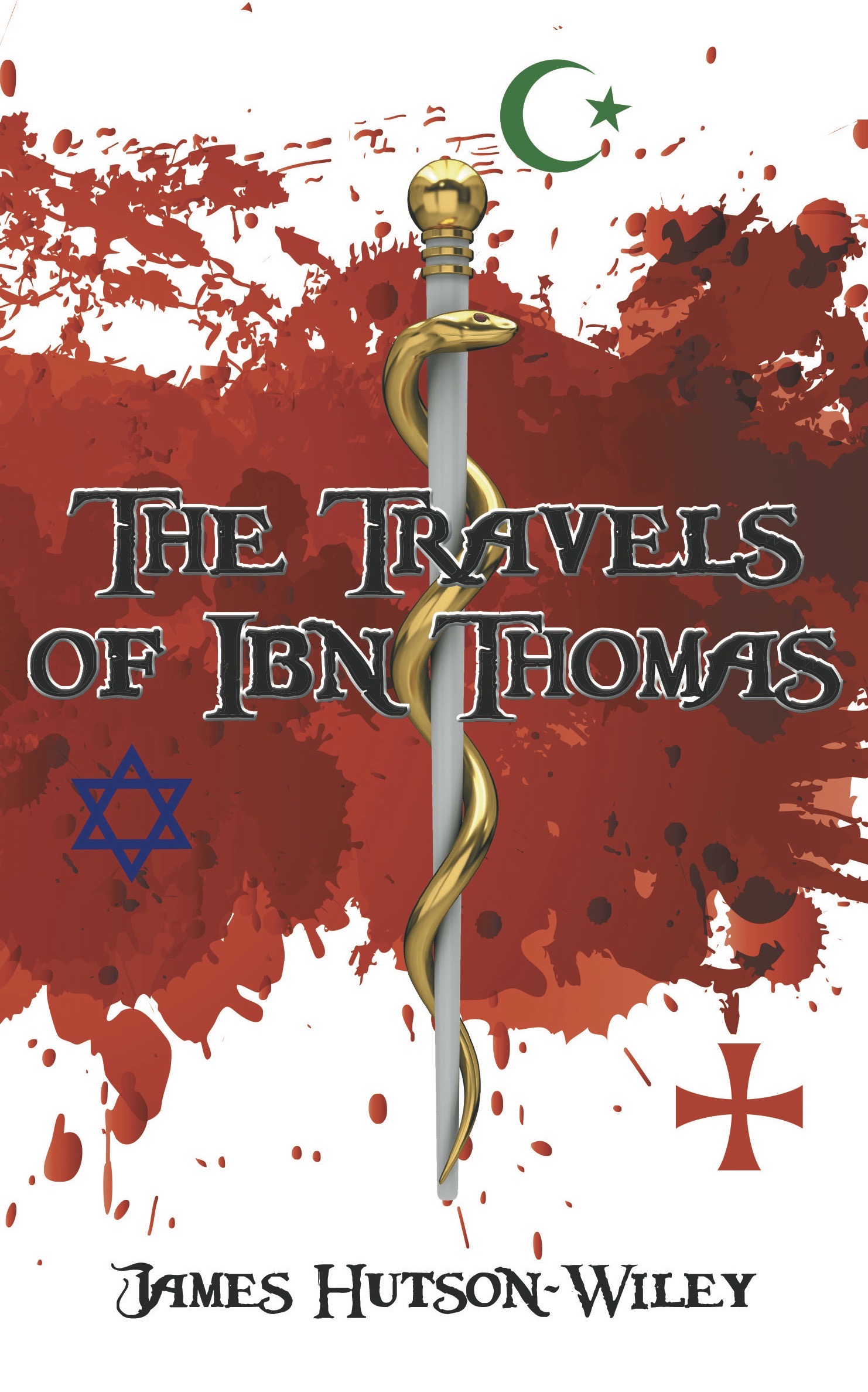THE TRAVELS OF IBN THOMAS is technically a sequel to the author’s previous The Sugar Merchant, but it stands well on its own. This well-researched, well-crafted book does a superb job of capturing the rich, conflict-ridden, mutually suspicious, but also frequently fruitful interactions between cultures, faiths, and communities that did so much to bring new knowledge, trade goods, and ideas to medieval Europe in the eleventh century. The narrator is cleverly placed between worlds, having been raised until the age of eight as a Muslim by his Muslim grandfather and Jewish adopted uncle, educated at a Christian monastery until age twelve, and then sent to the rich and diverse school of medicine then prospering in Salerno, where men and women from a wide range of backgrounds both studied and taught. (Thomas’s deep respect for a female medical practitioner and teacher, Trota of Ruggiero, is not in the least out of place for a student at the Salernitan School, despite our modern assumptions – she was a real and remarkable historical figure, and by no means the only woman who studied, practiced, or taught medicine in those days.)
Historical characters, notably the Countess Adelaide of Sicily and her son, the future Count Ruggiero, are brought vividly and clearly to life, full of personality and color. The fictional characters in the book are equally well-developed, each with their own convictions, background, and temperaments, interacting believably and intelligently with others. Thomas is given beliefs and knowledge appropriate to his time and upbringing, without pushing him either into the stereotype of the closed-minded, ignorant medieval physician or alternately giving him a more modern understanding of medicine, religion, or politics than a man of his background should have had.
Hutson-Wiley gives us a real sense of the ferment of that time period, of the growth and change brought about by interactions between peoples with different beliefs and cultures, and also of the countless infighting, prejudice, friction and sometimes outright hatred and bigotry that were also spawned by such interactions. The use of Arabic words for goods like “al-sukkar,” “sabun,” and “gazz,” instead of the English “sugar,” “soap,” and “silk,” highlight the novelty and foreignness of these now-familiar items in Europe at the time. The plot is always engaging, and if it sometimes wanders in unexpected directions, well, so does the narrator. What makes the story shine is the experience of it, being brought as a reader into this complicated, swiftly-changing, strange-yet-oddly-familiar world and allowed to travel through it with Thomas ibn Thomas. History buffs and lovers of epic travel tales alike will delight in this well-crafted, engaging novel.
An epic account of the travels of a young eleventh-century physician, THE TRAVELS OF IBN THOMAS sets the reader directly into a rich and historically-accurate world, full of adventure, vivid characters, and genuine life.
~Catherine Langrehr for IndieReader


